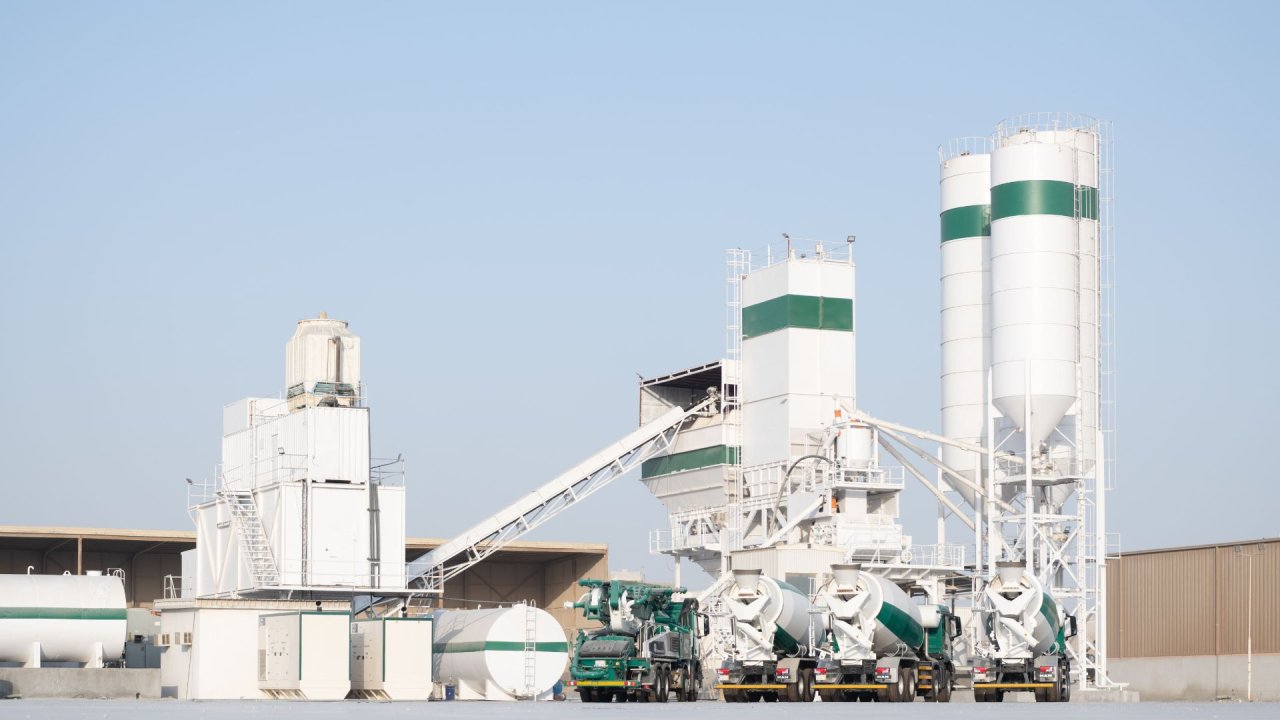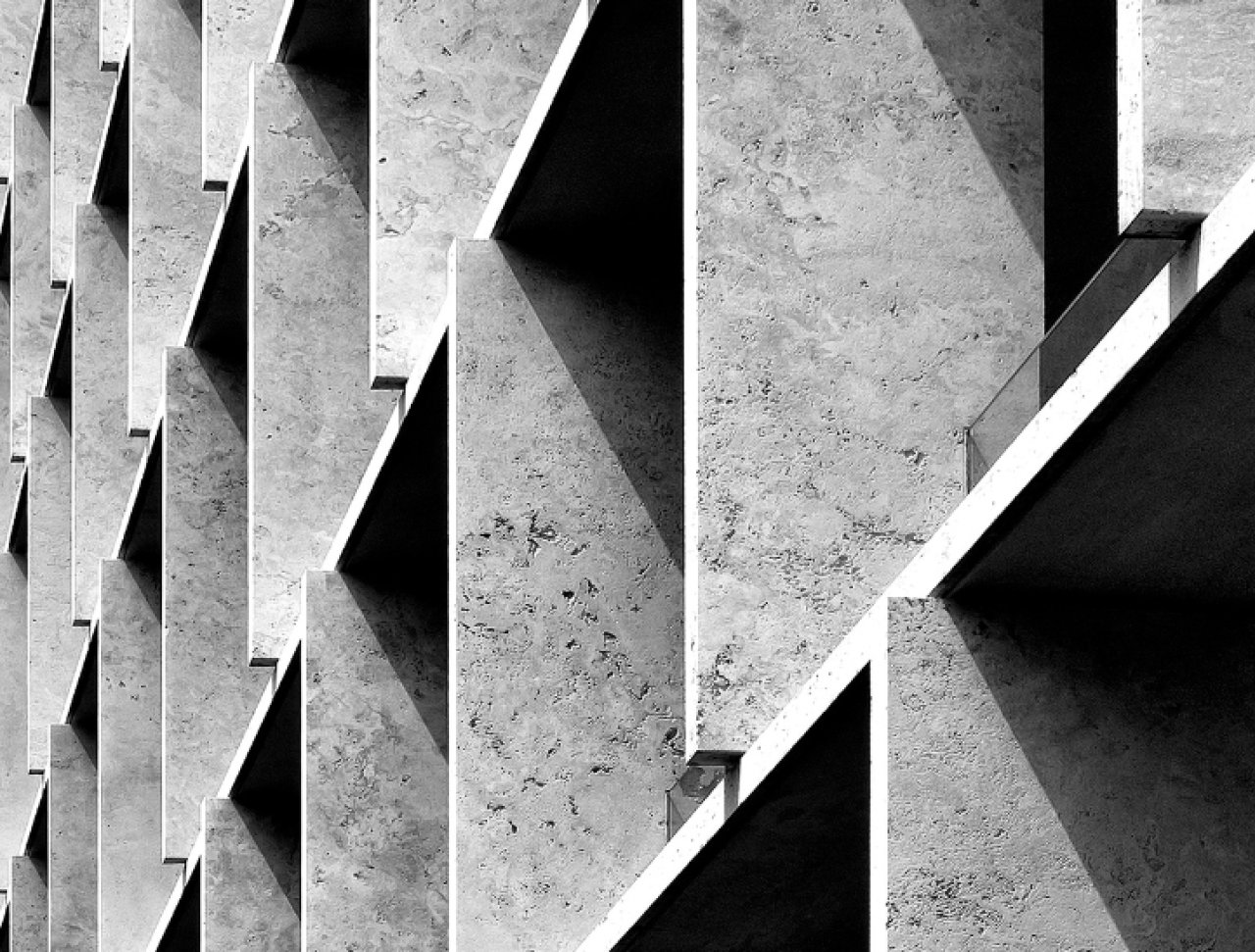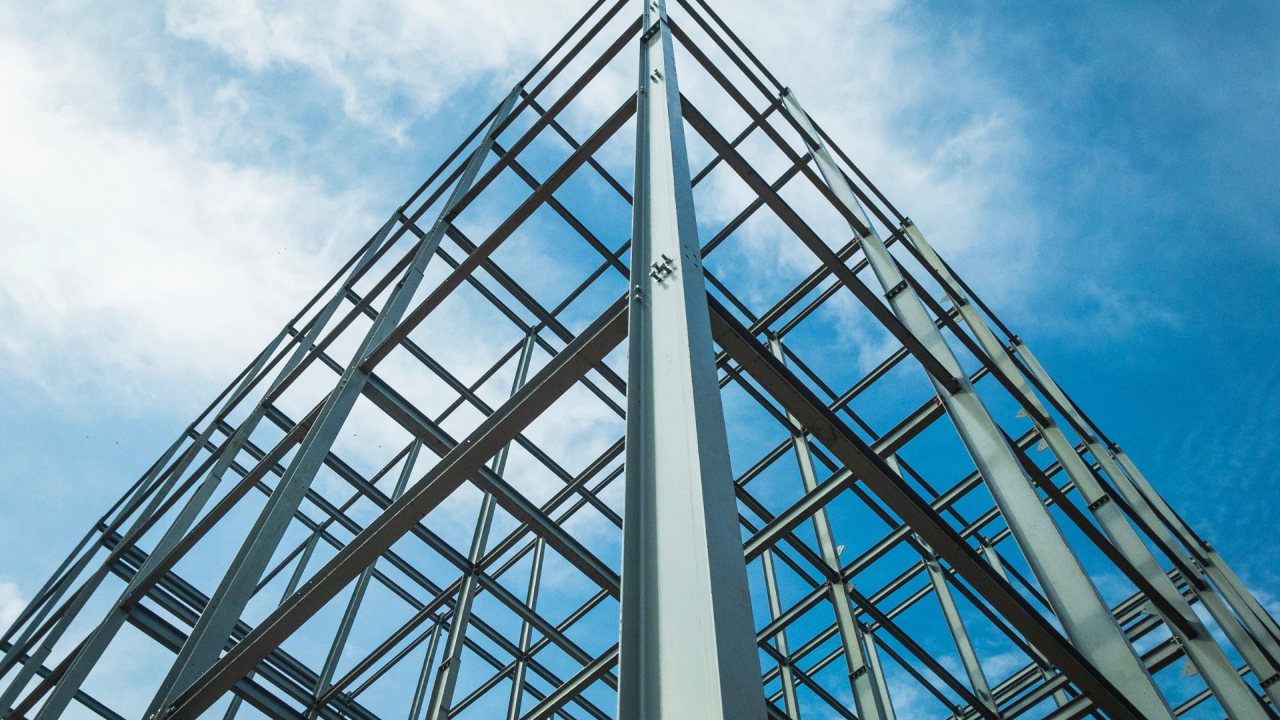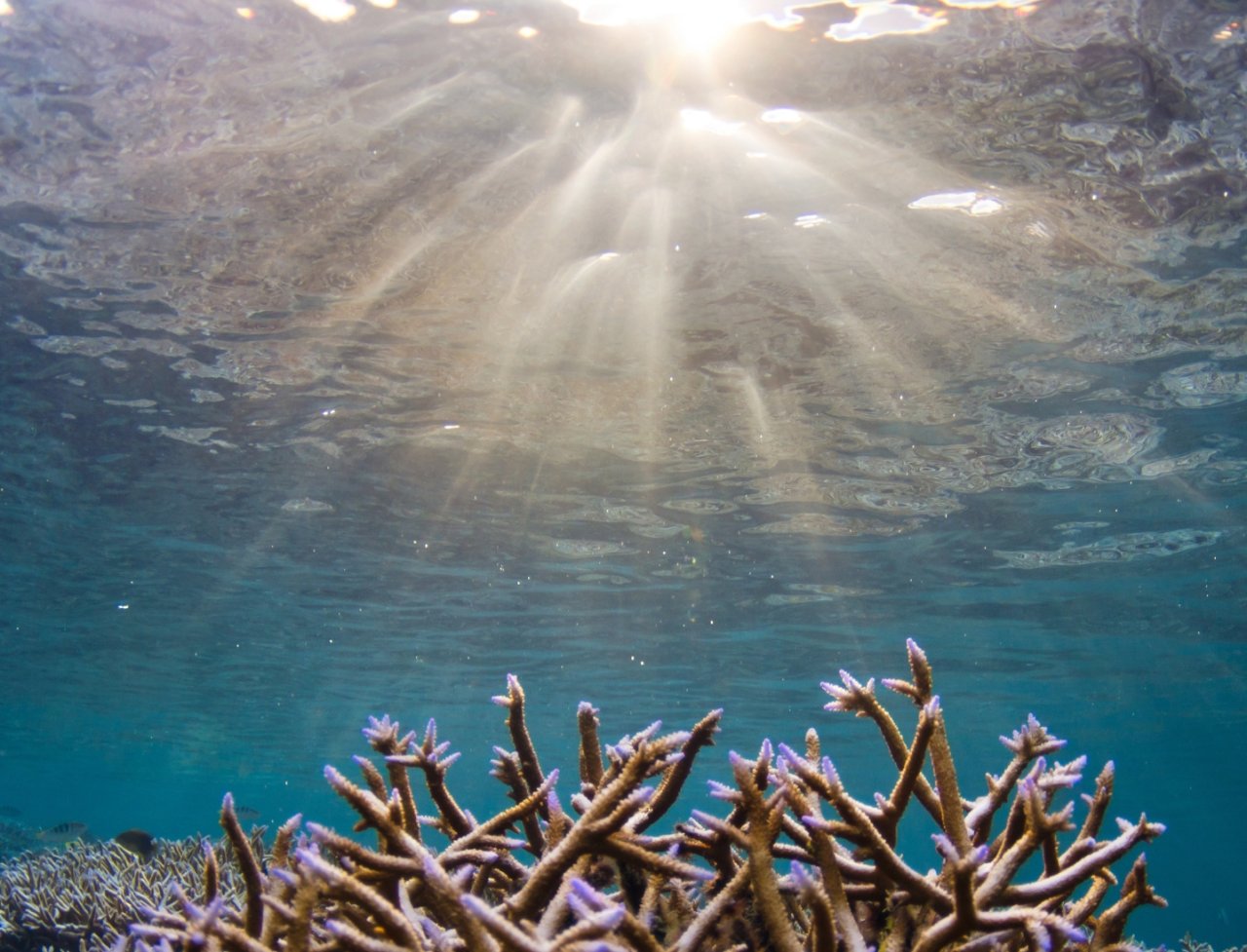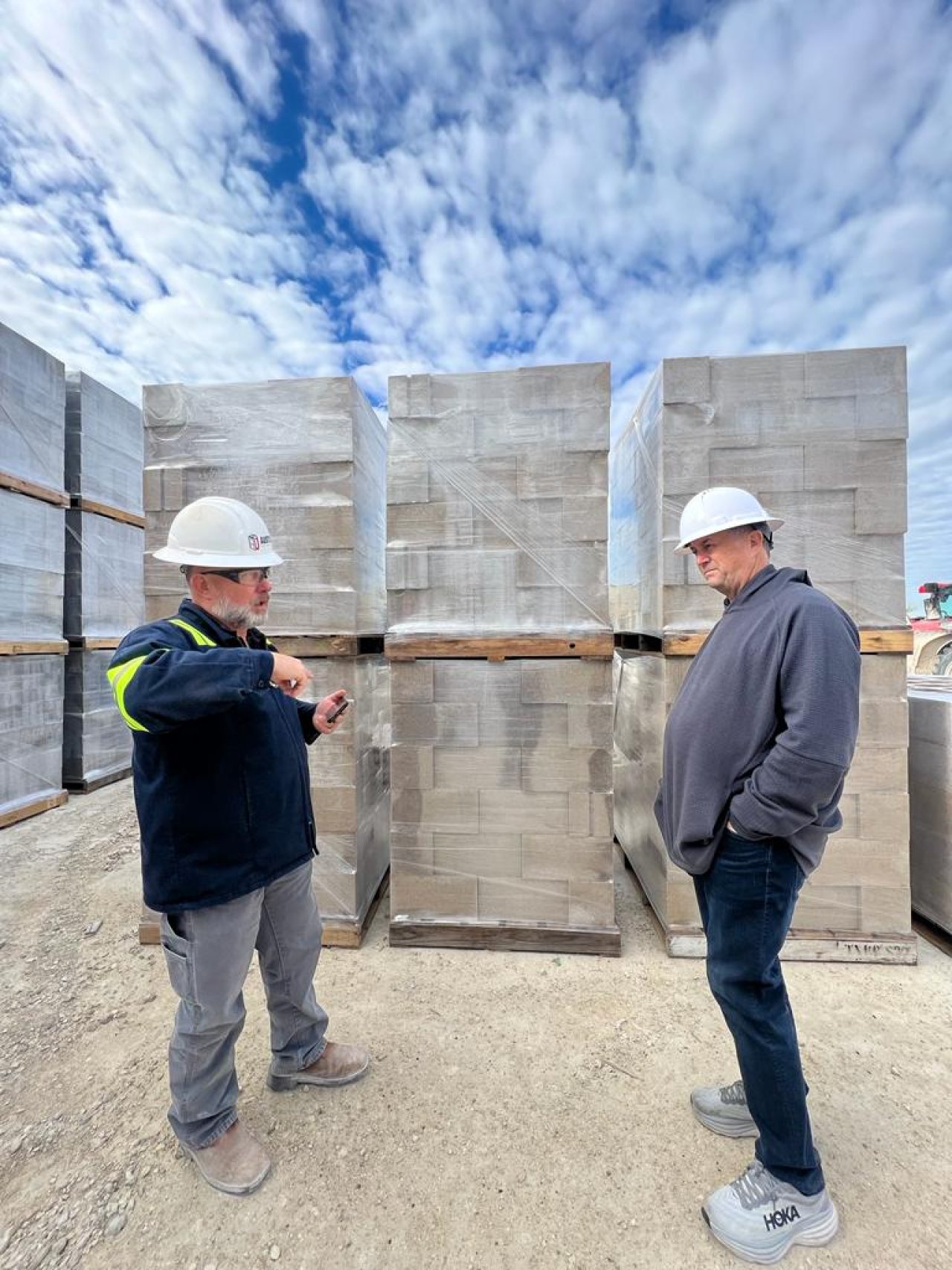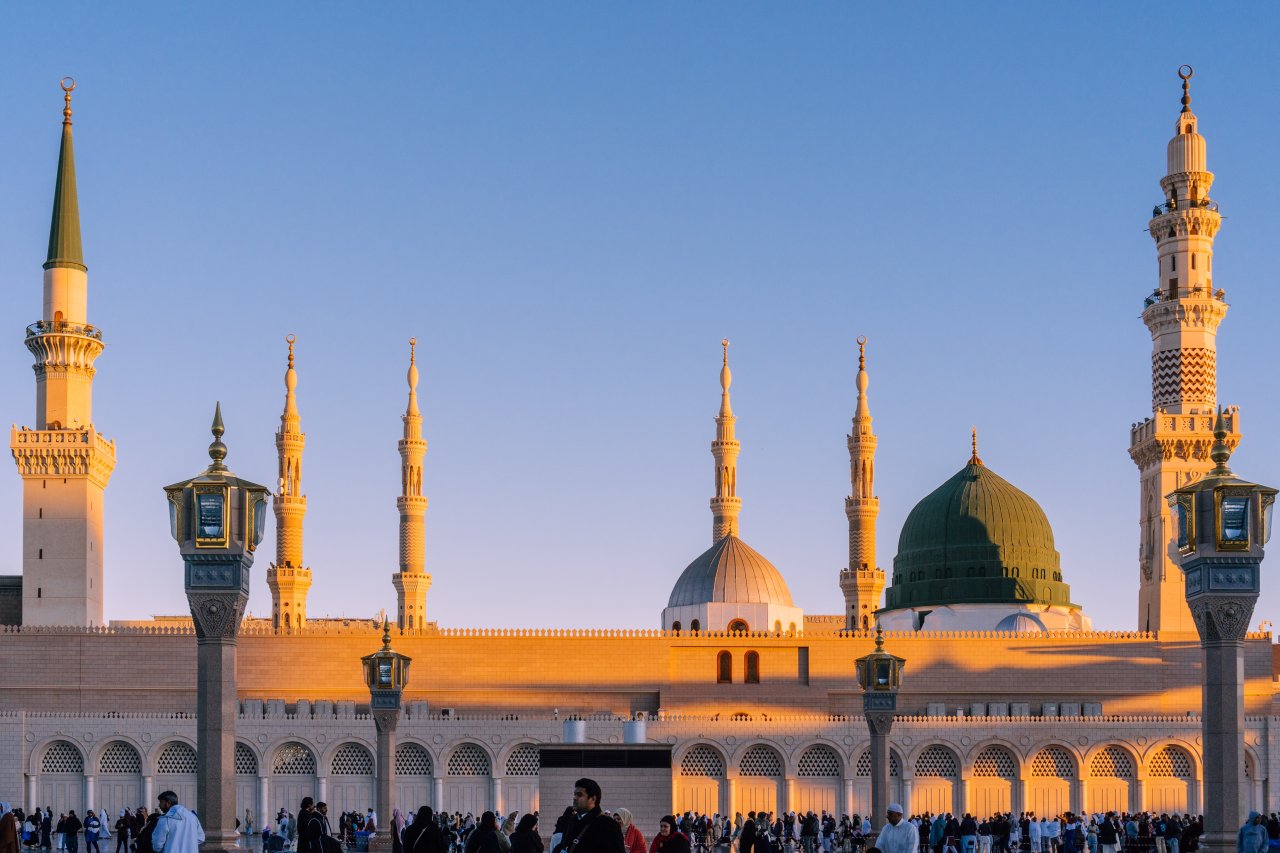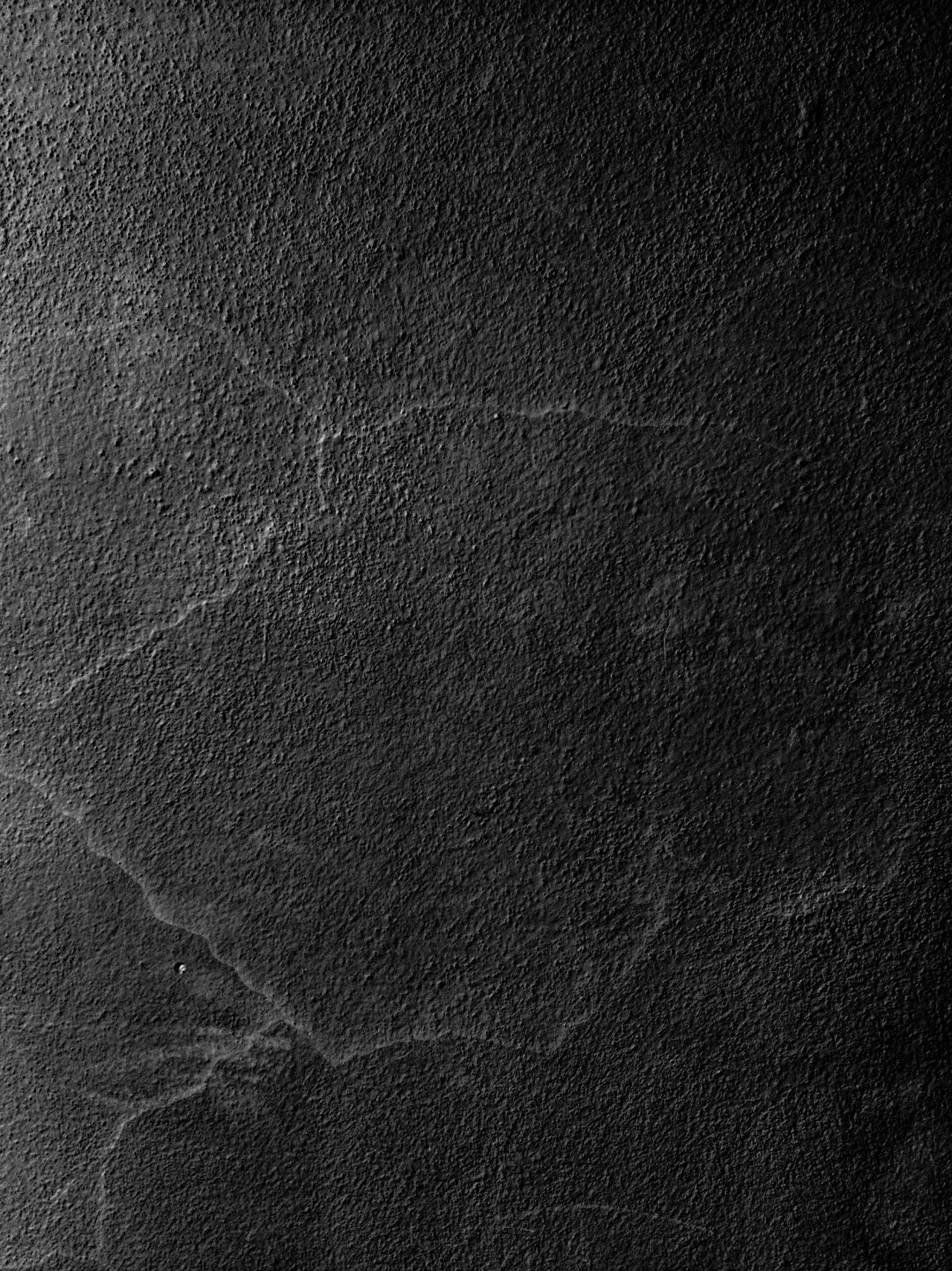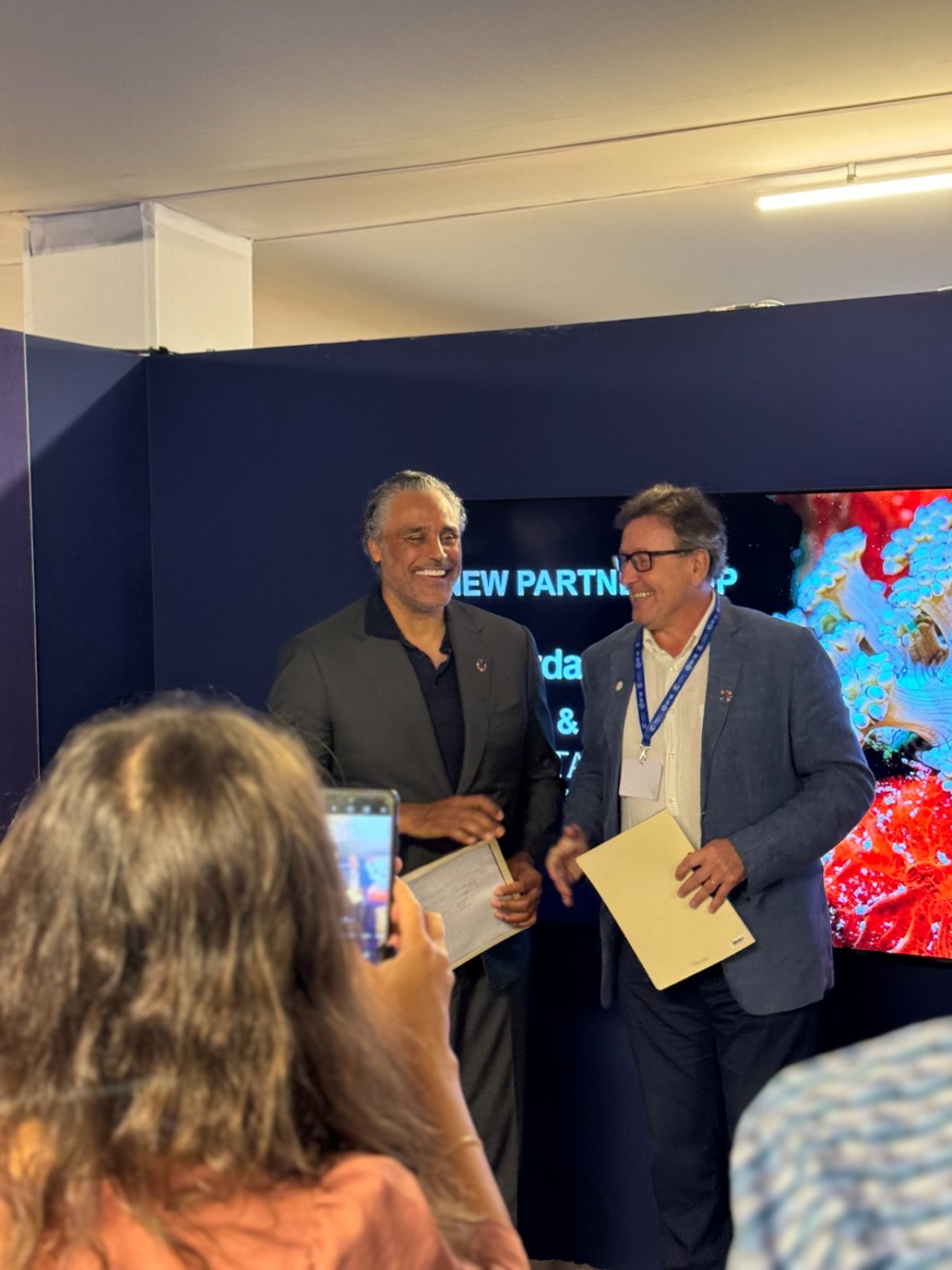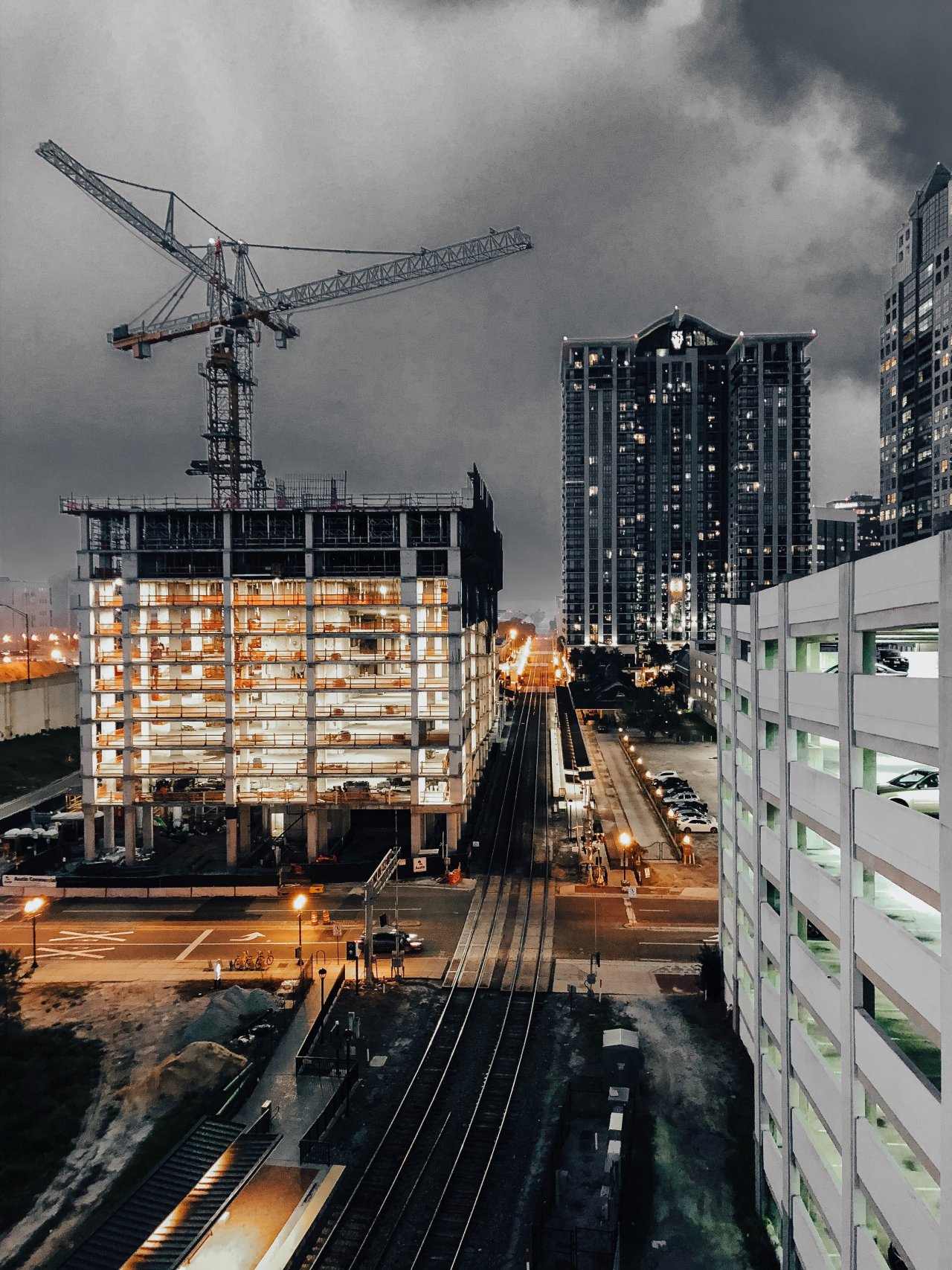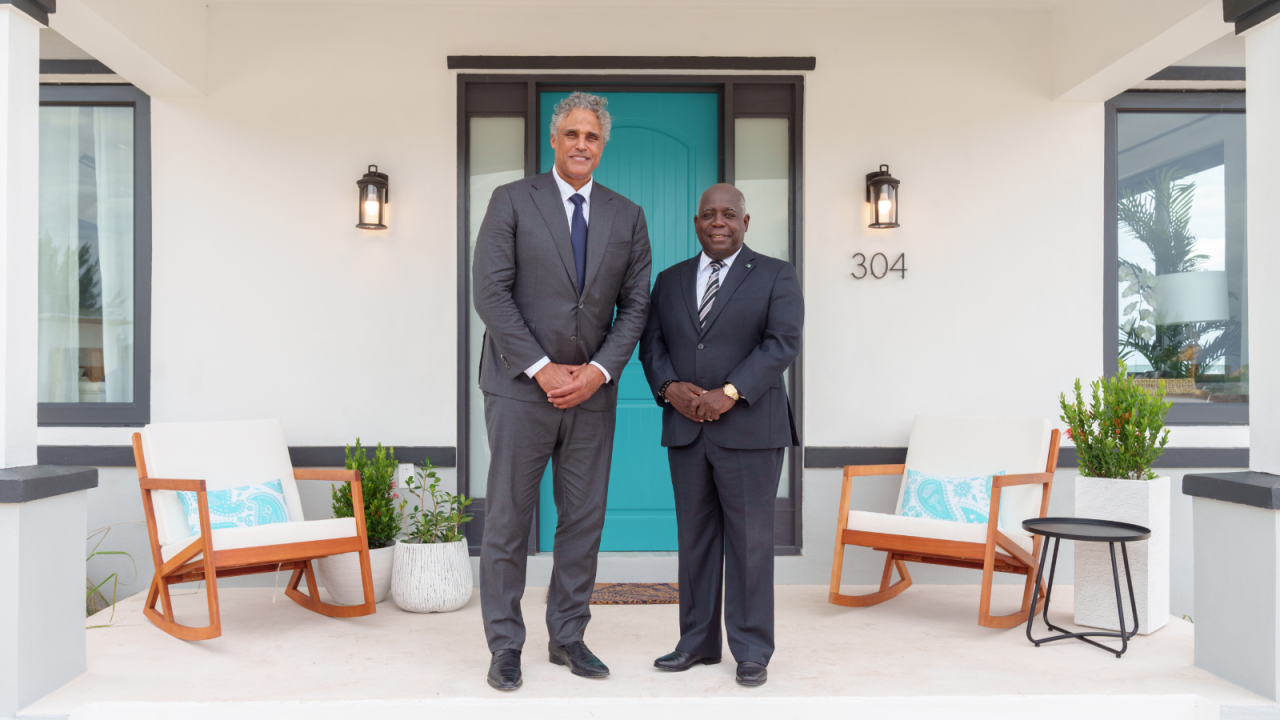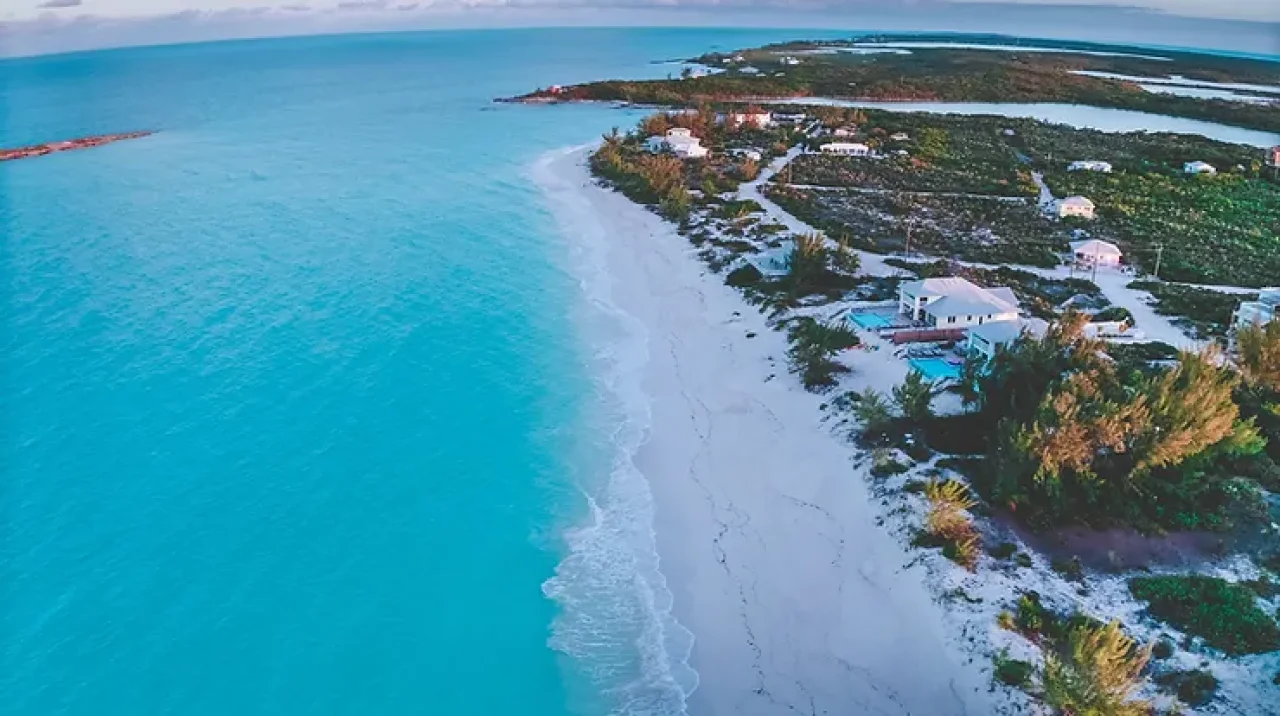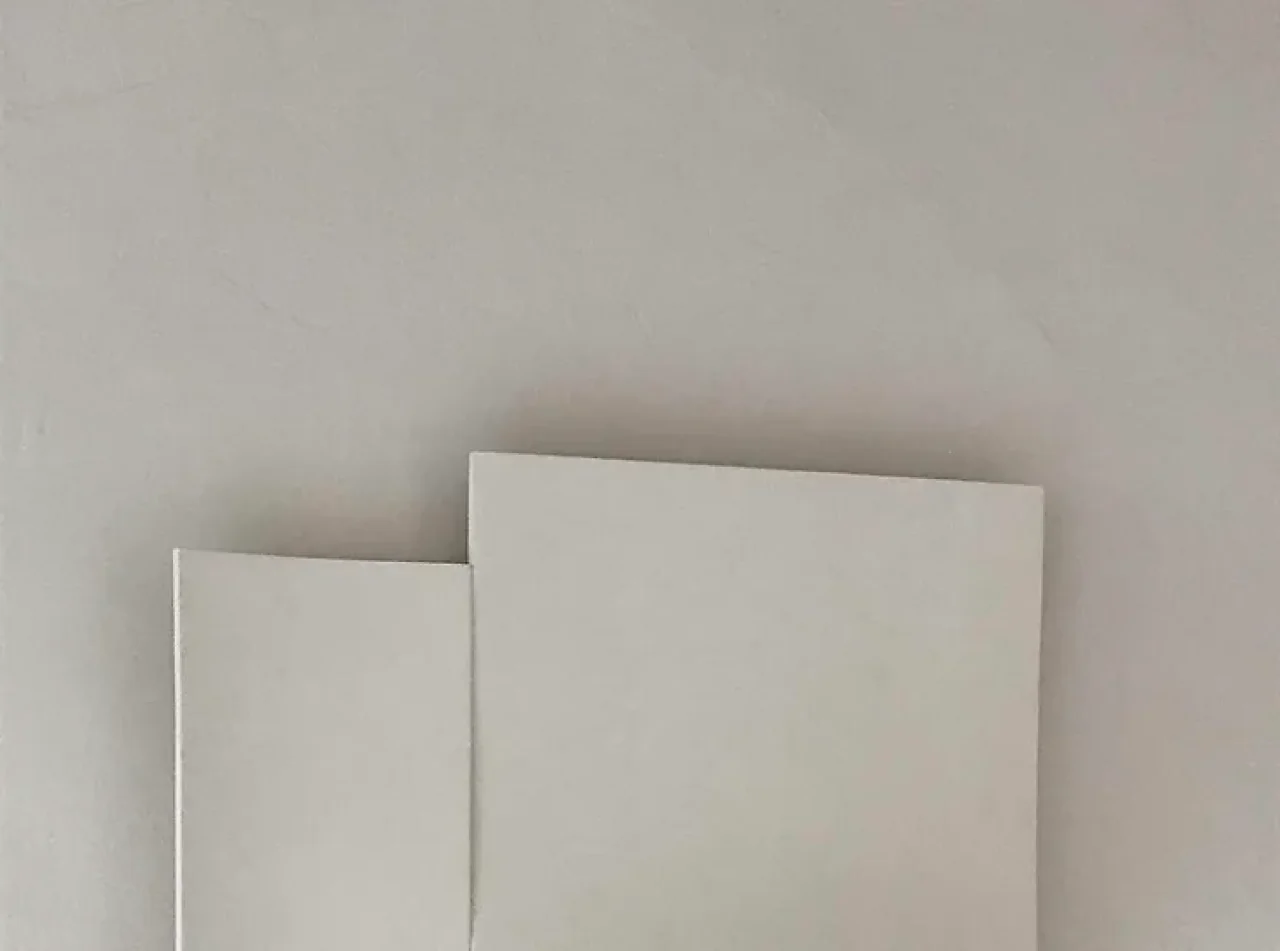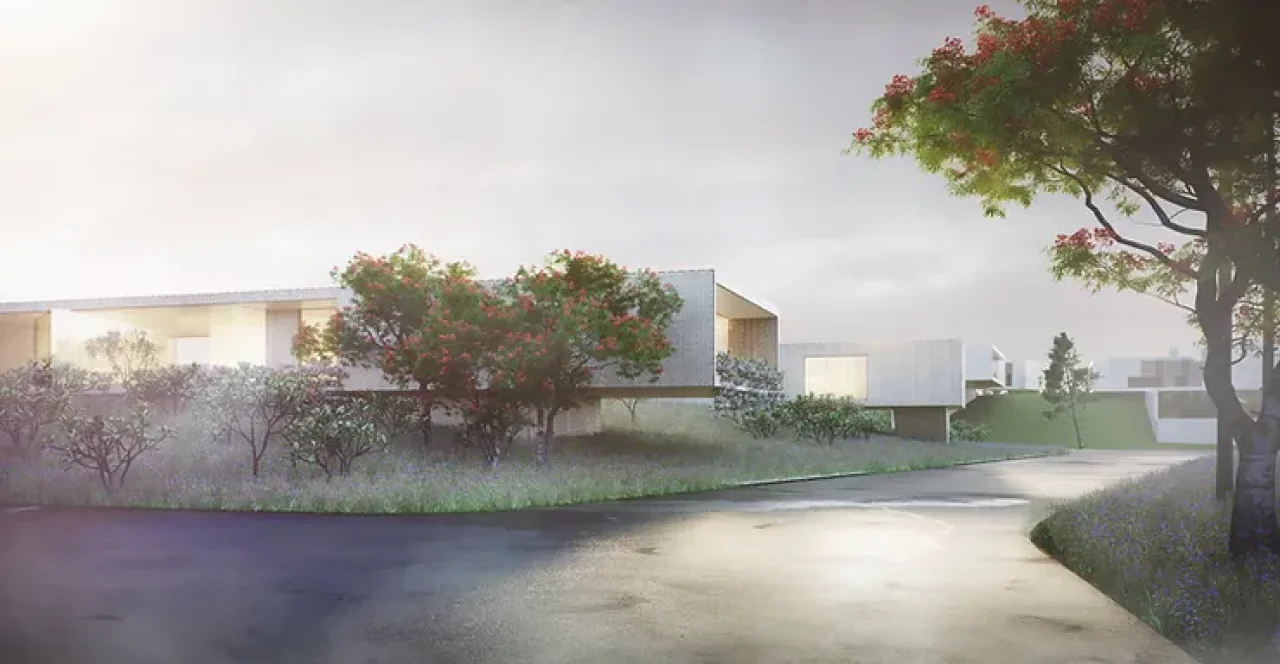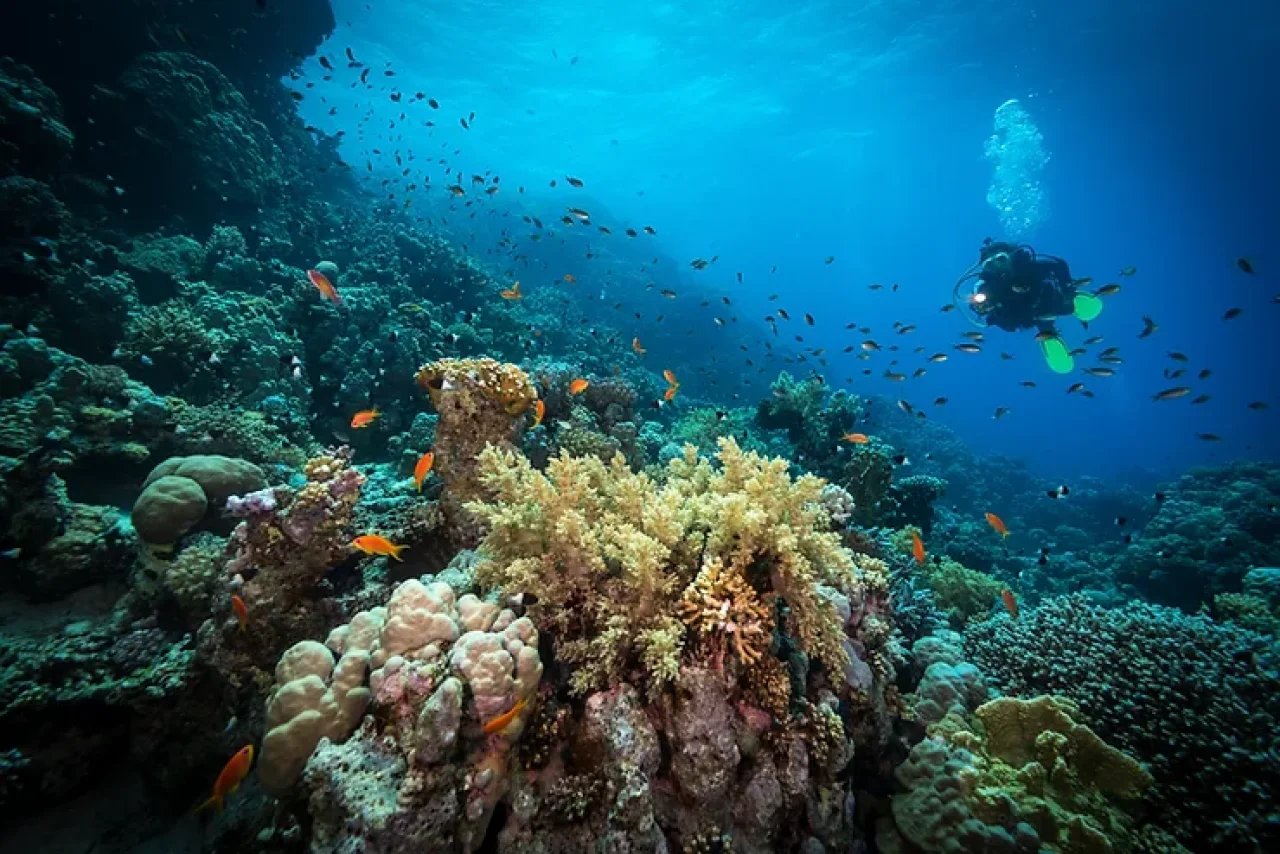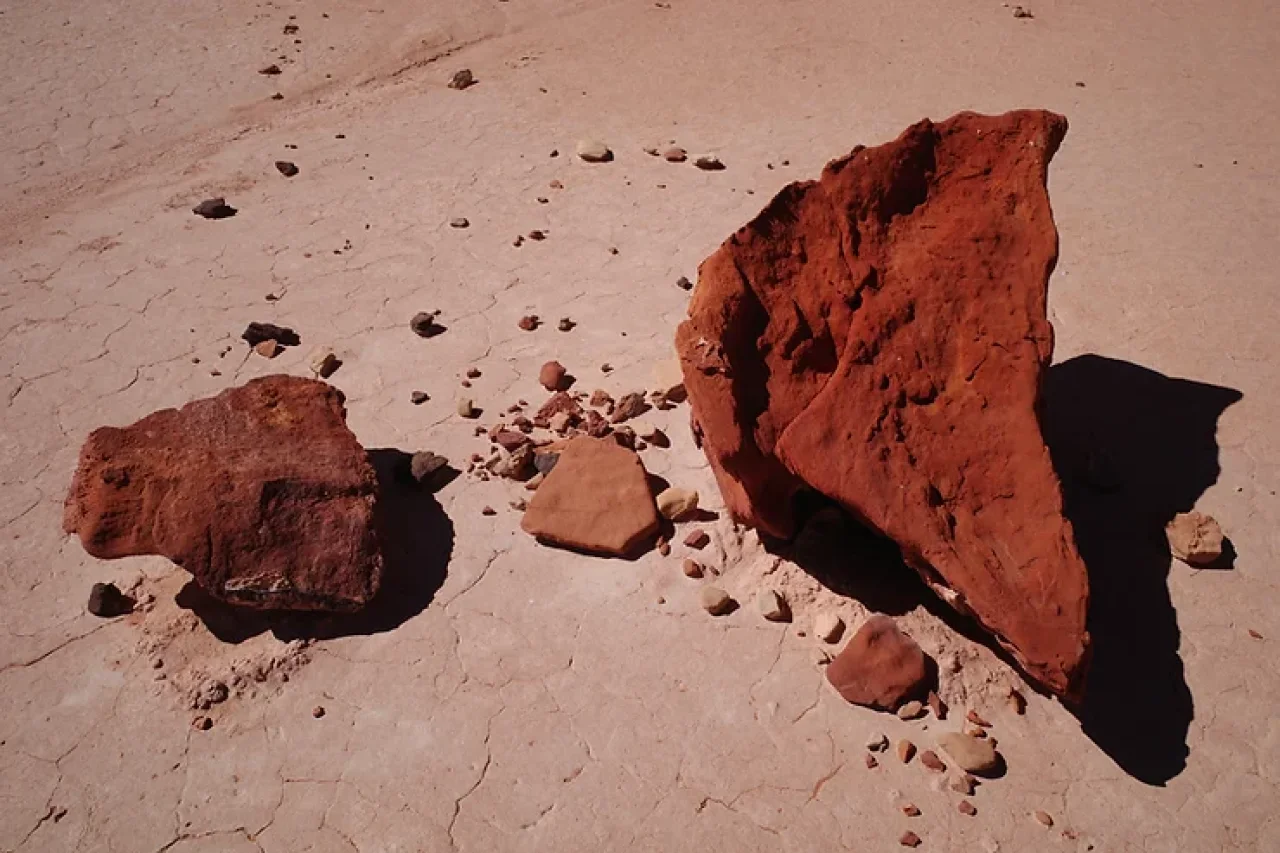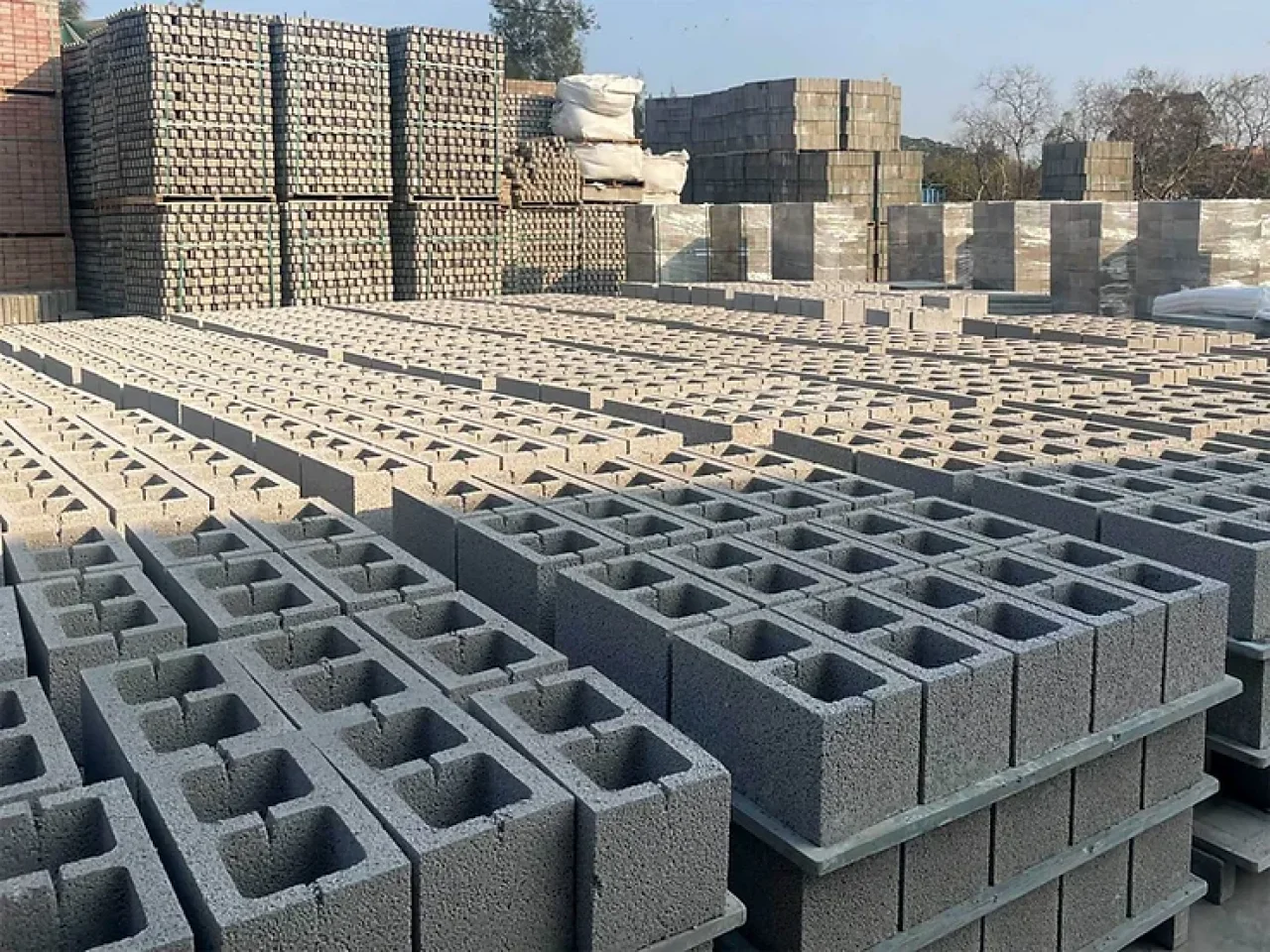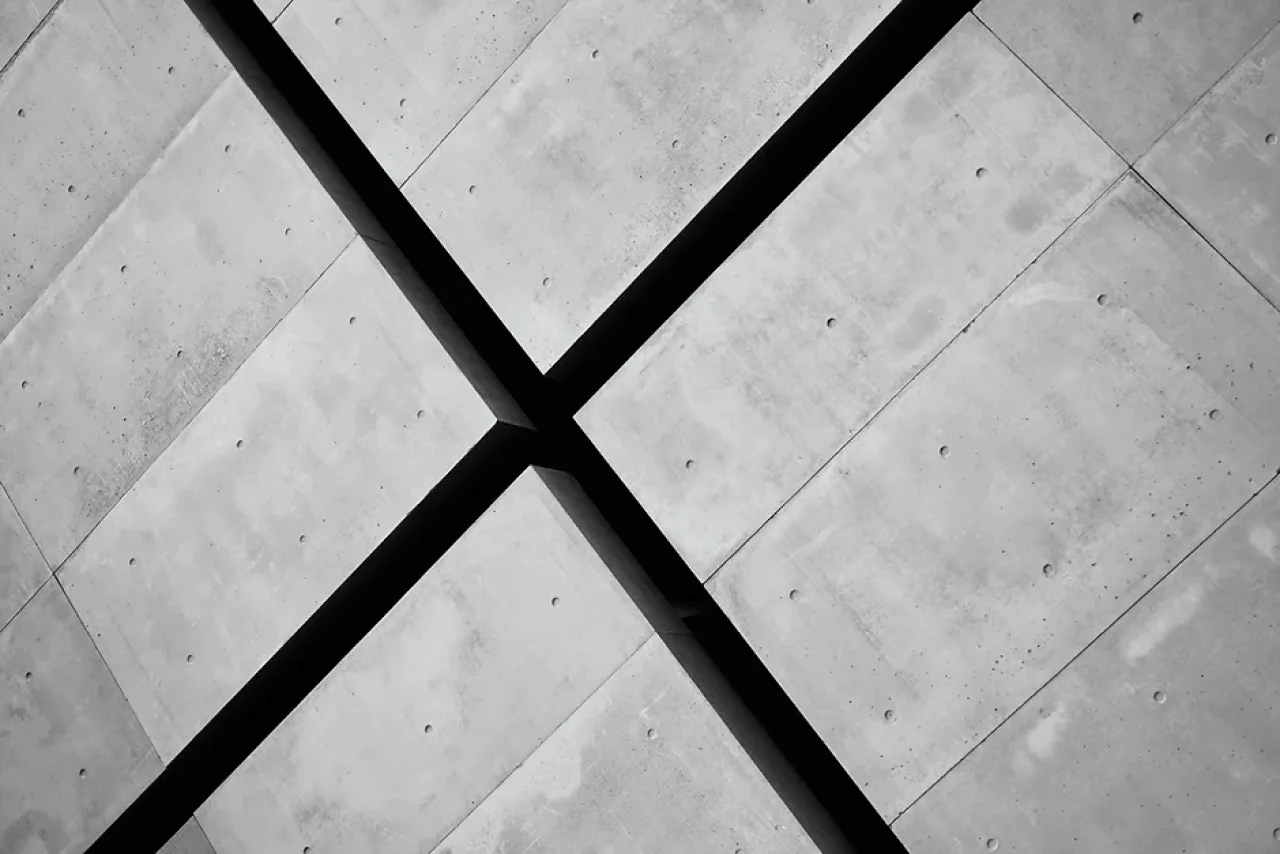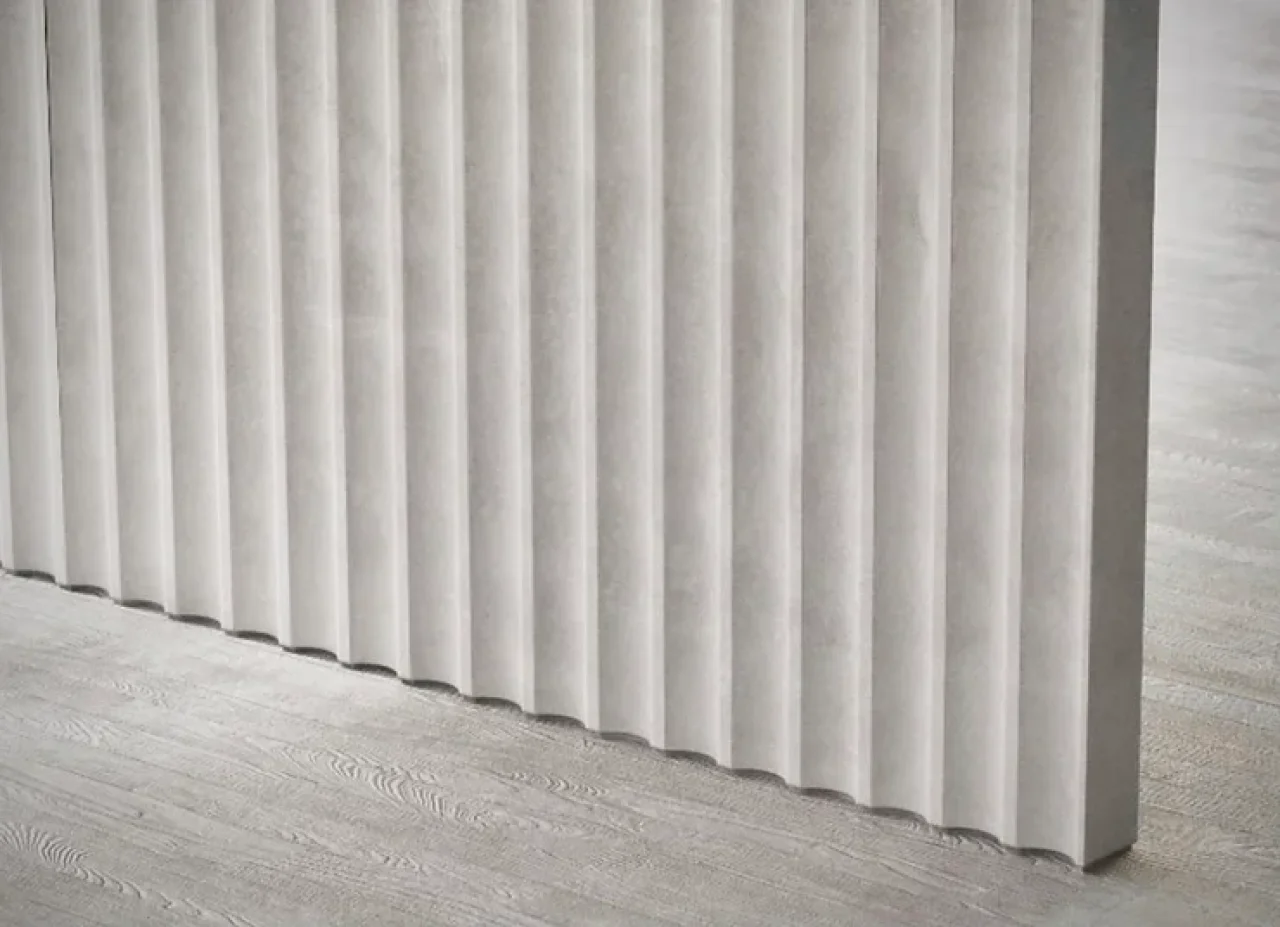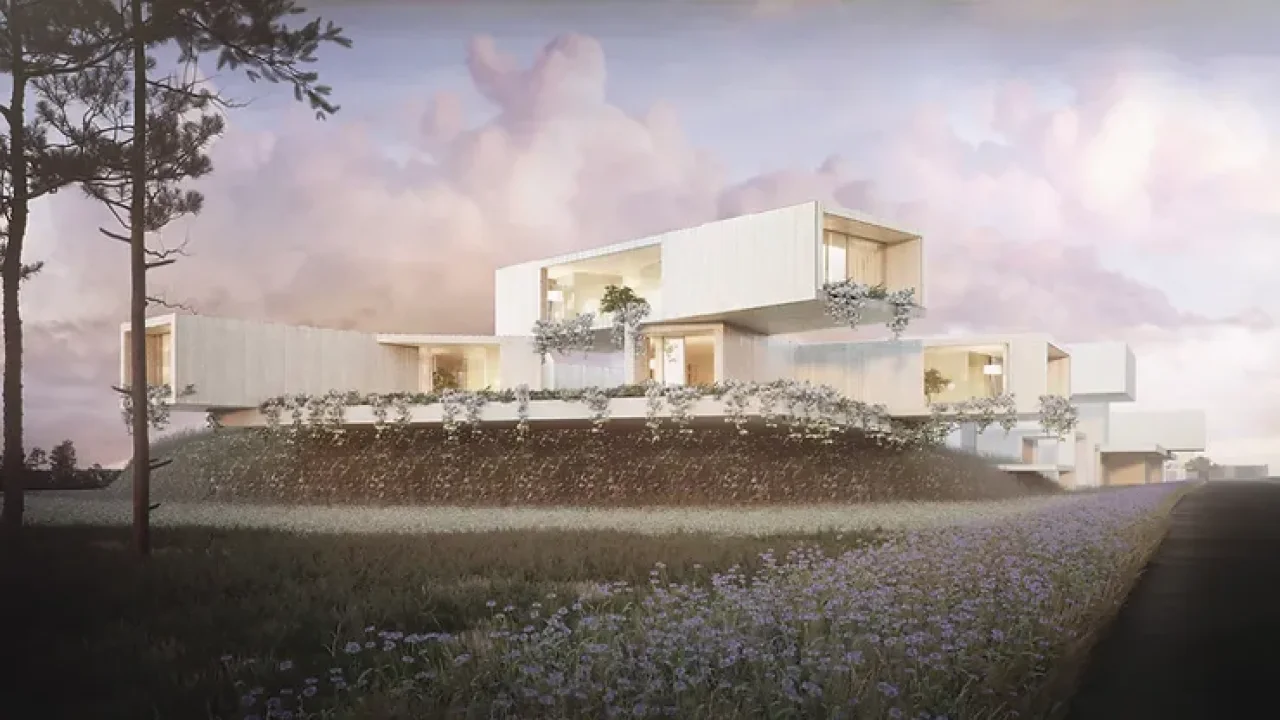News Hub
Explore the latest insights and news from our team, as we pave the way towards a sustainable future with our innovative carbon-negative concrete solutions.
Filter
April 22nd, 2024
Partanna and Saudi Readymix Forge a New Milestone: A Pioneering Deployment of Carbon-Negative Concrete in Jeddah Plant
Partanna completes a successful test-run of carbon-negative concrete at Saudi Readymix, showcasing its ability to plug-and-play into existing concrete plants.
April 16th, 2024
Navigating Climate Challenges with AI: Partanna’s Training Initiative with KAUST and The University of The Bahamas
Partanna announces the launch of an artificial intelligence training program with King Abdullah University of Science and Technology (KAUST), the Prime Minister of The Commonwealth of The Bahamas Philip Davis, and The University of The Bahamas.
April 13th, 2024
Exploring the Destructive Impact of Concrete on the Environment
In this blog, we investigate the environmental impacts of concrete and construction - and explore innovative and sustainable construction practices.
March 21st, 2024
Shaping Skylines: Navigating the Future Trends in Structural Engineering
Tech advancements and the urgency of climate change are revolutionizing structural engineering. Emerging trends are reshaping building design, construction, and sustainability.
February 5th, 2024
Carbon Negative Concrete: Partanna and Ocean Revive's Coral Reef Restoration Partnership
Partanna is delighted to announce a new partnership with Ocean Revive, a leader in coral reef restoration, aimed at restoring coral reefs worldwide.
January 30th, 2024
Partanna announces senior hires as it confirms plans to build four factories globally
New hires include renowned concrete innovator and materials scientist Kevin MacDonald PhD – previously recognized as one of the most influential leaders in the concrete industry.
January 23rd, 2024
Leading machinery producer TopWerk Group backs carbon-negative Partanna as a game-changer for the concrete industry
TopWerk – machinery supplier and service partner to hundreds of concrete manufacturers globally – identifies Partanna as the “construction industry’s most exciting innovation in decades.”
January 11th, 2024
Partanna initiates collaboration with ROSHN Group on state-of-the-art carbon-negative concrete facility in Saudi Arabia
Partanna Arabia, a Riyadh-headquartered climate technology company, has signed a partnership with ROSHN, Saudi Arabia's premier real estate developer, to initiate the construction of a carbon negative concrete production facility.
January 3rd, 2024
All You Need To Know About Embodied Carbon In Concrete
Whether you’re after concrete carbon offsets or want to get your property LEED-certified, embodied carbon is one of the top things you should be aware of. So, let’s dig into it.
December 20th, 2023
G20 Coral Restoration Initiative announces a partnership with Partanna to restore reefs with carbon absorbing concrete
The partnership recognizes Partanna’s material as an effective substrate for growing coral. CORDAP will promote the material as a vital solution to coral reef degradation to member organisations.
December 19th, 2023
3 Smart Buildings Technologies To Demolish Carbon Footprint
The latest and most intelligent solutions to carbon emissions in construction.
December 15th, 2023
Prime Minister Philip Davis Hails Partanna's Pioneering Efforts in Climate Action at COP28
In a compelling speech at the United Nations Framework Convention on Climate Change (UNFCCC) meeting during the Conference of Parties (COP28) in Dubai, Prime Minister Philip Davis emphasized the urgency of climate action, highlighting Partanna’s construction of carbon negative, climate resilient homes in the Bahamas.
November 3rd, 2023
How to Improve The Climate Resilience Of Coastal Real Estate
You may have read our previous blog about why Partanna concrete is an ideal solution for developers building underwater structures. In this post, we’ll explain why Partanna concrete can support low-lying coastal communities to become more resilient to the effects of climate change.
October 26th, 2023
‘Low-carbon’ and ‘carbon negative’ concrete - are the claims real?
Is there such a thing as carbon negative concrete?
August 28th, 2023
Concrete Carbon Offsets Programs Generating High-Quality Credits
When we think about carbon credits, reforestation or seagrass protection projects are what typically come to mind. The idea is that a company or an individual can "offset" their own carbon emissions by purchasing credits tied to these types of projects.
August 21st, 2023
A Concrete Solution To Coral Bleaching
Apart from being dubbed as the rainforest of the sea, coral reefs generate around US$30 billion dollars in economic benefits every year through fisheries, tourism, and coastal protection.
August 14th, 2023
Can Salty Concrete Quench The Water Crisis In The Middle East?
Aside from promoting coral restoration and improving homes’ climate resilience, Partanna’s carbon-negative concrete could also give a solid contribution to solving the water crisis, which is a global issue due to climate change. Before revealing our salty solution to the water crisis, let’s look at the overall picture.
August 9th, 2023
Grey Carbon: The Climate Solution You Haven’t Heard About
Grey doesn’t typically evoke things that are good for the environment, right? Yet, nowadays there is a lot of green stuff that doesn’t really work (read greenwashing). Going against the chromatic status quo, we’ve decided to put together this post to show grey carbon in its true climate-friendly colours.
July 10th, 2023
Five Uses for Carbon Negative Concrete
In the fight against climate change, few solutions offer as much promise or utility as carbon negative concrete.
May 22nd, 2023
What is Carbon Negative Concrete?
Concrete is the most widely used construction material in the world. Nearly every modern building or piece of infrastructure contains some form of concrete, making it indispensable for global development.
April 16th, 2023
What is Grey Carbon?
Rebekkah Swisher, VP of Sustainability at Partanna Global, explains the concept of ‘Grey Carbon’
April 16th, 2023
What is Partanna? Q&A with CEO, Rick Fox
Rick Fox, Co-Founder and CEO of Partanna Global, explains the story behind Partanna and its vision for the future.
